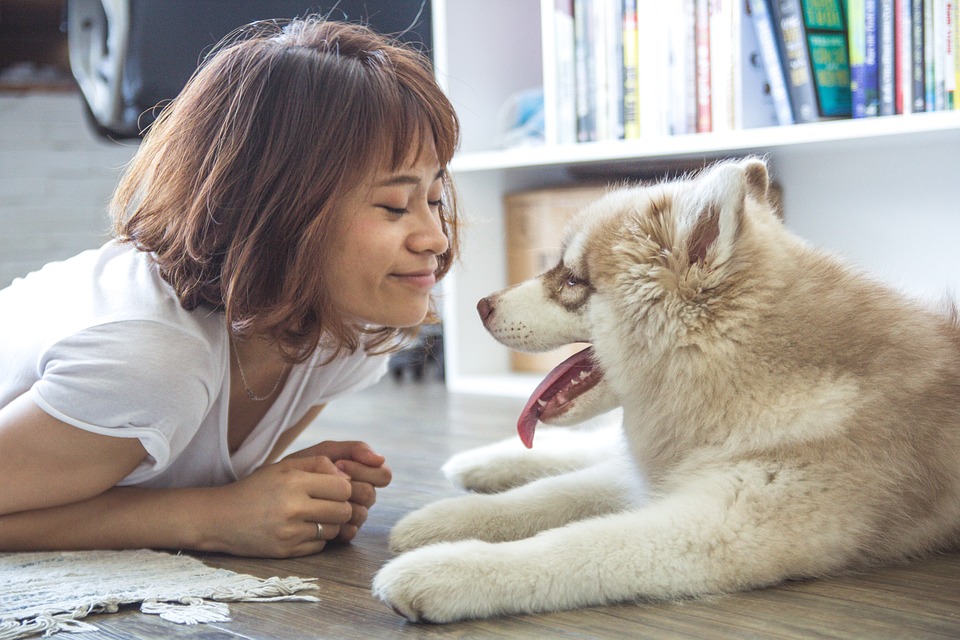**Header: How to Recognize and Manage Symptoms of Kennel Cough**
**Introduction**
Kennel cough, also known as canine infectious tracheobronchitis, is a highly contagious respiratory infection that affects dogs. It is commonly found in places where dogs are in close proximity to one another, such as kennels, dog parks, or grooming facilities. Recognizing the symptoms of kennel cough and managing the condition promptly is crucial to ensuring your furry friend’s well-being. In this article, we will explore the common symptoms, treatment options, and preventive measures for kennel cough.
**Understanding Kennel Cough**
– What is kennel cough?
– How is kennel cough transmitted?
– Which dogs are more susceptible to kennel cough?
**Recognizing the Symptoms**
– Persistent coughing
– Sneezing and nasal discharge
– Mild to high fever
– Lethargy and decreased appetite
– Honking cough sound
– Other potential signs
**Diagnosing Kennel Cough**
– When to consult a veterinarian
– Diagnostic tests for kennel cough
– Differentiating kennel cough from other respiratory illnesses
**Treatment Options**
– Rest and isolation
– Cough suppressants and antibiotics
– Nebulization treatments
– Home remedies and natural supplements
**Preventive Measures**
– Vaccination importance
– Regular hygiene practices
– Reducing exposure to infected dogs
– Boosting the immune system
**FAQs (Frequently Asked Questions)**
1. What is the incubation period for kennel cough?
2. Can my dog still get kennel cough if vaccinated?
3. Is kennel cough contagious to humans or other pets?
4. Can kennel cough be a severe illness?
5. Should I keep my dog away from other dogs if they have kennel cough?
6. How long does it take for kennel cough to resolve?
7. Are there any long-term complications associated with kennel cough?
8. Can I prevent kennel cough completely?
9. Is kennel cough more common during specific seasons?
10. Are there any alternative treatments for kennel cough?
**Conclusion**
By familiarizing yourself with the symptoms of kennel cough and taking the necessary steps to manage this condition, you can help your dog recover quickly and prevent the spread of the infection to other pets. Remember to consult your veterinarian for proper diagnosis and treatment options, and prioritize preventive measures to keep your furry companion healthy and happy.









